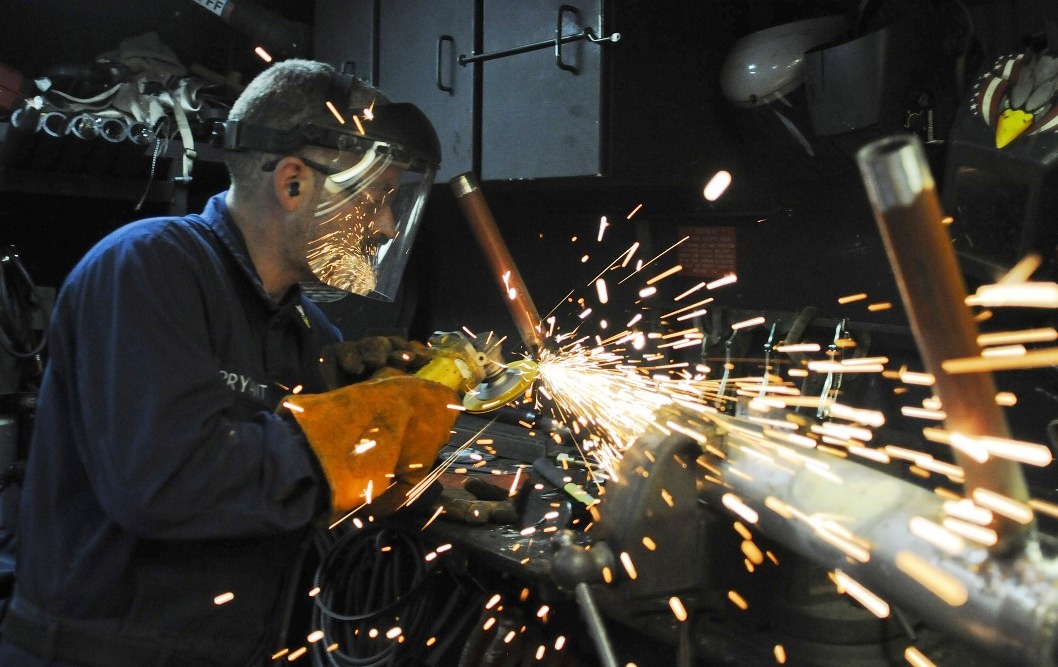
Many people get it wrong whenever they consider being a machinist as a possible career path. This is usually because of misinformation or the lack of adequate information. A common belief is that machinists only run machines in industries; but the truth is, without machinists to lead the way, we would not have these machines to operate in the first place. It is the job of a machinist to design, create, and produce the parts required for successful operation in industrial machinery. The expertise and skills of machinists have strategically placed the profession to provide solutions for cars and planes in terms of parts and repairs.
Qualifications Required to be a Machinist
To be a machinist, one must dedicate a lot of time and effort to perfecting their craft. Ideally, attaining a degree or certificate in machine tool technology will likely place any contenders better when securing a job opportunity. However, most machinists learn on the job through adequate recurrent training. It is, therefore, critical to be very interested and willing to learn. A good machinist will often have no problem posting a few extra hours each week to learn something new. Another viable alternative is to complete a four-year union apprenticeship program. The unions around the world ensure quality in every aspect of productions, and training prospective machinists is a great way to attain excellence in a field with very few qualified contenders. As a bonus, machinists must make their high school years count. During this period, they can pursue a course in metalwork to gain an understanding of different metals and how they behave. Since machinists are required to oversee very accurate mathematical calculations, studying and comprehensively understanding basic mathematics will always be advantageous. Therefore, you must pass mathematical tests. With the evolution of technology, life has become much more straightforward with automated machines. Machine work has also been revolutionized to increase output and improve its quality. For this reason, a machinist must understand the basic working principles of computers and relevant software.
Common Industries
The production aspects of almost any mainstream industry require the input of machines. Therefore, machinists find value in an array of job opportunities including the metal fabrication industry and vehicle assembly. These professionals work with drills, lathes, grinders, and pressers—among other tools—to fabricate metal parts for industrial machinery. These are the machines used by many factory workers in the production process for the benefit of the consumers. The machinists are skilled in the fabrication of metals to serve different purposes in the industry. They work from existing machine blueprints and create the necessary tools or parts for the smooth operation of machines. Furthermore, it is the duty of machinists to make necessary repairs on the broken machines. They also schedule and complete machine maintenance procedures to avoid work hazards or losses. The grasp of mathematics, computer and software engineering, and metalwork makes machinists suitable for a job in the motor vehicle assembly industry. Machinists work closely with computer-numerically controlled machines to produce parts for vehicles and airplanes. They either work with computer-numerically controlled machine programmers or learn a programming language to aid the organization in production.
Benefits
Machinists are typically reputable professionals in most aspects of production today. Economists postulate a slow growth in job opportunities for machinists in recent years; however, the outlook remains excellent since not many people are qualified to hold such positions. The Department of Labor estimates the total earnings by machinists to border $74,290 yearly. It is prudent to note that the wages will vary significantly according to location and industry, among other factors. In a nutshell, the financial benefits of being a machinist are commendable. Besides, the satisfaction associated with the execution of the job makes it one of the most recommended career paths for many people.
Machinists work with metals and other tools to create parts for sizable industrial-grade machines. These professionals have to master metals and their fabrication to provide every-day solutions in the industry. They can work from existing blueprints or work together to create better blueprints for machines and their parts. This work line requires the professionals to register long-standing hours while writing reports and keeping records or maintenance milestones.
EDITORIAL POLICY
Editorial Policy: The Flash List is dedicated to providing trustworthy editorial content by maintaining strict ethical standards, journalistic integrity, and credible professionalism regardless of any remuneration as working media. The Flash List is not affiliated with third-party companies mentioned and makes no endorsement or guarantee expressed or implied. The preceding article is intended for informational reference only, and does not constitute advice of any kind. Moreover, a qualified professional should be consulted regarding any lifestyle consideration, medical treatment, or monetary transaction, etc. Content contains affiliated link(s) for which compensation was received in accordance with USFTC regulations and terms and conditions.
MORE ON THE FLASH LIST
































